
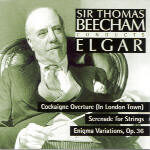
Thank heavens Beecham had no special interest in Elgar. Had he recorded more of him, he undoubtedly would be considered (as far as the English
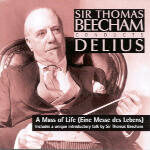
Delians and Beecham fans will rejoice at the reissue on CD of this long awaited, legendary recording. Listeners belonging to either of the groups just
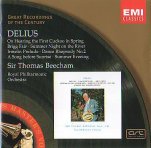
Perhaps Thomas Beecham wasn’t a “great” conductor in the cosmic scheme of things, but he could bring certain composers’ music to life in a way
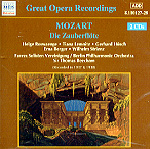
Thomas Beecham’s 1937/38 Magic Flute, the work’s first studio recording (minus spoken dialogue), was highly regarded in its day for both sonic and musical qualities.
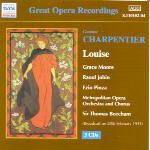
Gustave Charpentier’s Louise was the French answer to the emergence of Italian verismo opera in the 1890s. Its four acts encompass a vivid soundscape of
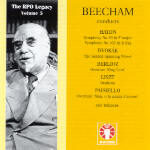
This is one of the finest releases thus far in Dutton’s ongoing series devoted to Thomas Beecham’s Royal Philharmonic legacy. In a nutshell, it contains
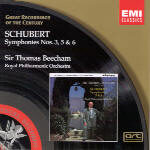
Sir Thomas Beecham is strongly identified with the orchestral music of Schubert, largely from these final recordings made over a period of years at different
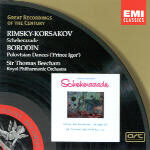
Two critics might battle for hours, arguing which Golden Age Scheherazade is best. This one? Reiner’s? Ansermet’s? One of the eclectic, fringe favorites each of
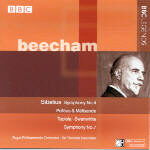
All of the performances on this disc except the Seventh Symphony come from Sir Thomas Beecham’s marathon 90th birthday tribute to Sibelius on December 8,
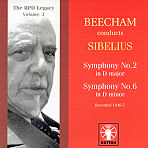
These performances, dating from 1946/47, are valuable in that they preserve interpretations by an excellent Sibelius conductor in basically good, clear mono sound. Curiously, Beecham
![]()
